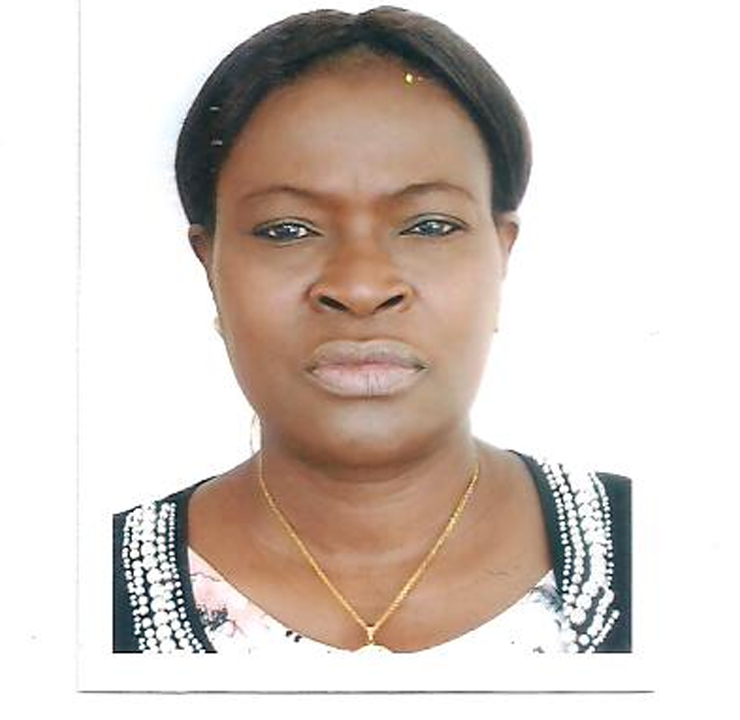Department of Haematology

Prof. Foluke A. FASOLA
Departmental Head
Department of Haematology
Haematology as a discipline was initially taught as part of Pathology since the inception of the Medical School in 1948. Later in the early 60s, a Sub-Department of Haematology was created under Pathology and has a full professor, L. Luzzatto as the Head of the Sub-Department.
Other members of the team in the Haematology Sub-Department were Professor G.J. F. Esan, Professor E.M. Essein, Professor Allan Flemming, Dr. C.K.O Williams and occasional research fellows as Dr. U. Bienzle.
The Sub-Department became a full fledged department in 1970 with Professor L. Luzzatto as the Head. Since the department became a full fledged department, Haematology has been taught as a discipline in the Faculty of Basic Medical Sciences. Postgraduate Degree Programmes were then added to the departmental programmes and included M.Sc, Ph.D and M.D. The courses that have been taught over the years include Genetics, Haematological Malignancies, Blood Transfusion, Haemoglobinopathies, Haemolytic Anaemias, Nutritional Anaemias and Coagulation. There are also instructions through conduction of practical classes for medical students and students of Dentistry. The department is presently supervising resident doctors undergoing training for their award of professional degree to the National Postgraduate Medical College of Nigeria.
The Department conducts weekly Seminars where all members of the department participate. Research activities have also been going on in the Department since its inception and cover all the branches of Haematology as previously outlined. Lots of papers have been published in reputable Journals by academic members of the department.
The department has a good laboratory set up which consist of Research Laboratories as well as individual laboratories attached to the lecturers and research fellows in the Department.
Examination – Setting, conduct, evaluation scheme, moderation schemes, internal and external examiners for degree examinations and the issuance of results are within acceptable university standards.
The setting of both undergraduate as well as postgraduate degree programmes are usually coordinated by the Head of department. The Lecturers submit various questions from all areas of the discipline and the head compiles the required questions as may be needed. The conduct of examinations is usually organized by the Head of the department and the evaluation of the answer scripts are usually done jointly by all the academic staff. Experienced external examiners at Professorial level are invited for verification of the written, practical and in oral examinations.
Academic Atmosphere - All policy adapted and practised by the Department, Faculty and the College in pursuit of academic standards and maintenance of academic atmosphere are well maintained. Members of staff are encouraged to take up programmes in staff development e.g. Mac Arthur Fellowship. Academic standards are maintained by the lecturers in the various disciplines in the department. Continuous assessments in form of tests during the period of postings are routinely conducted. The external examiners also make recommendations at the end of every examination and this has helped us in maintaining academic standards.
The Department has a library with recent publications in all branches of Haematology.
PHILOSOPHY
To produce medical doctors and postgraduate student with sufficient knowledge of basic haematology and its application in clinical practice. They must have knowledge of basic research methodology and sound knowledge of basic medical sciences of international standards.
OBJECTIVES
To produce students who can confidentially diagnose and treat haematological disorders.
To produce students who have in depth knowledge of prevalent tropical disorders like sickle cell disease, thalassaemias and Glucose 6 phosphate hydrogen (G6PD) deficiency.
To produce students who have sufficient knowledge of haematological disorders that are not peculiar to the tropics e.g. Haemophilia, Leukaemias, Lymphomas
To maintain the leading role of the department in the research of G6PD and Sickle cell disease.

